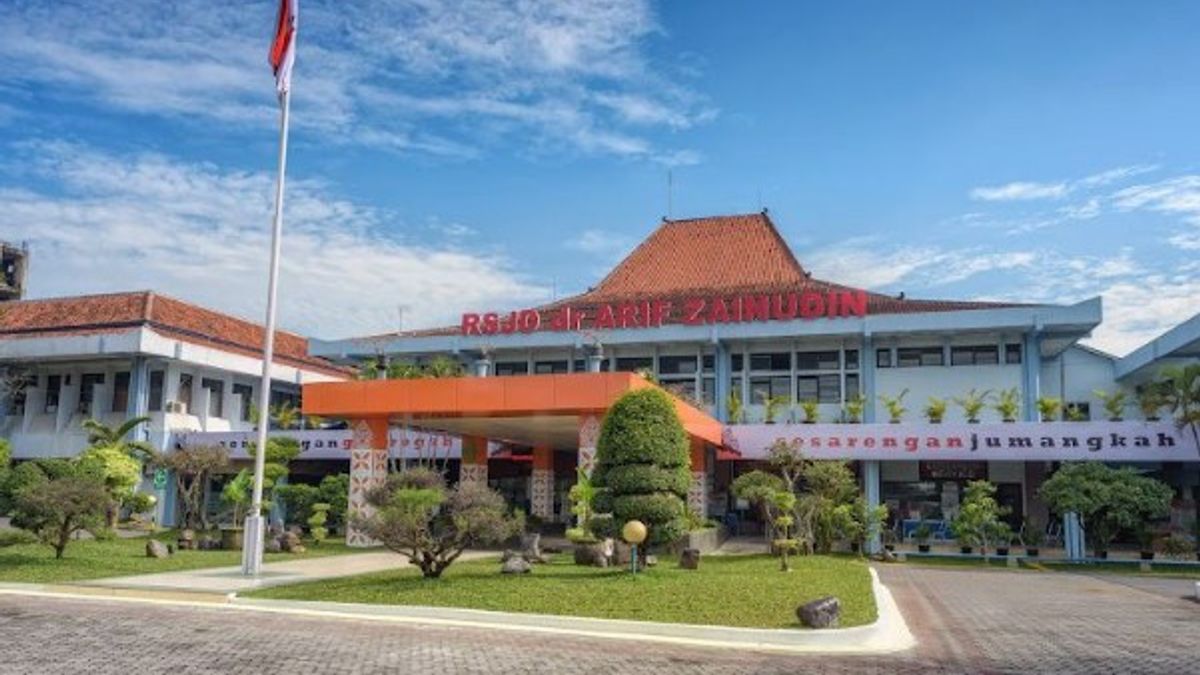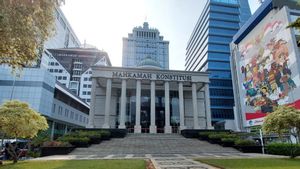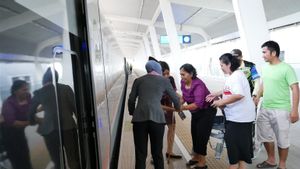JAKARTA History today, 104 years ago, 17 July 1919, the colonial government of the Dutch East Indies inaugurated the Mangunjayan Mental Hospital (RSJ). The inauguration of the hospital which became the forerunner of the Surakarta Regional Mental Hospital (RSJD) was carried out to treat people with Mental Disorders (ODGJ) in Surakarta.
Previously, the handling of ODGJ was never serious. The power of attorney then thought about increasing the number of RSJ. The effort was perpetuated so that matters of treatment for mental diseases were handled in one place and seriously.
Wars and epidemics are two things that make the number of ODGJ thrive in the archipelago. The difficulty of living in wartimes and epidemics, especially under Dutch colonialism, is the estuary. The difficulty of life made many of the Dutch East Indies, especially the natives, become ODGJ.
This problem has never been taken seriously even though it is starting to spread. Mainly, by the Bumiputras. They consider ODGJ's affairs to be unrelated to the medical world. Many believe that the cause of ODGJ is the presence of evil spirits or being used.
Handling ODGJ then uses paranormal services, compared to health workers. Instead of recovering ODGJ, the rituals carried out actually make them in pain. All because of the rituals that are perpetuated prioritizing physical torture: being beaten or kicked.
The colonial government of the Dutch East Indies is not much different. ODGJ was initially considered an ordinary disease. Everything changed when war and epidemics were increasingly present in the archipelago. The Dutch, who initially did not feel a responsibility, began to intervene.
The Dutch asked the military-owned hospital to create a special room for mental patients. The results did not go smoothly. Patients with mental disorders are not treated, but detained. ODGJ's recovery was also the most impossible to achieve.
The Dutch also did not want to continue that bad trend. They want to change. The idea of building a special place to care for ODGJ also emerged. Mental hospital, his name.
Then there were also hospitals in Banten and Semarang; even in the 1800s, a mental hospital was opened in Bogor. Here it is seen that all of them are more'resilient' than treatment.
Even if it is something that has just been seen from the point of view of mentality (the idea of separating sufferers from the community cannot just be accepted in Java, even today). You can imagine that the impact is truly auptable, almost nil, "said historian Denys Lombard in the book Nusa Java Cross Culture: Restrictions on Rating (1996).
The idea of building the RSJ continues to last. The Dutch government has also begun to promote the construction of RSJ in various regions in the archipelago. Everything so that mental health matters can be handled in one place. It doesn't even fill the hospital.
The construction of doorgangshuis voor krankzinnigen in Solo (Surakarta), for example. The Netherlands sees Solo as a city that needs a hospital role that is later known as the Mangunjayan Hospital. This desire then strengthened with the support of the Dutch colonial ranks who served in Solo.
As a result, RSJ Mangunjayan was inaugurated by the colonial government of the Dutch East Indies on July 17, 1919. The Netherlands believes that the presence of RSJ Mangujayan can make ODGJ handling maximized. Moreover, the capacity of the Mangunjayan Hospital is predicted to accommodate hundreds of people. Now, RSJ Mangunjayan has changed its location and changed its name to RSJD dr. Arif Zainudin Surakarta (more known as RSJD Surakarta).
Developed and inaugurated as doorgangshuis voor krankzinnigen by the Dutch East Indies Government on July 17, 1919. Known later by the community as Mangunjayan Mental Hospital. This hospital is located in an area of 0.69 hectares, with a capacity of 216 beds in JI. Bhayangkara no. 50, Solo.
"In 1986, the Surakarta Regional Government carried outruislag (exchange). They then built and moved hospitals over an area of 20,995 square meters on the banks of the Bengawan Solo River with a capacity of 293 beds," explained Denny Thong in the book Humanizing Humans (2013).
The English, Chinese, Japanese, Arabic, and French versions are automatically generated by the AI. So there may still be inaccuracies in translating, please always see Indonesian as our main language. (system supported by DigitalSiber.id)









